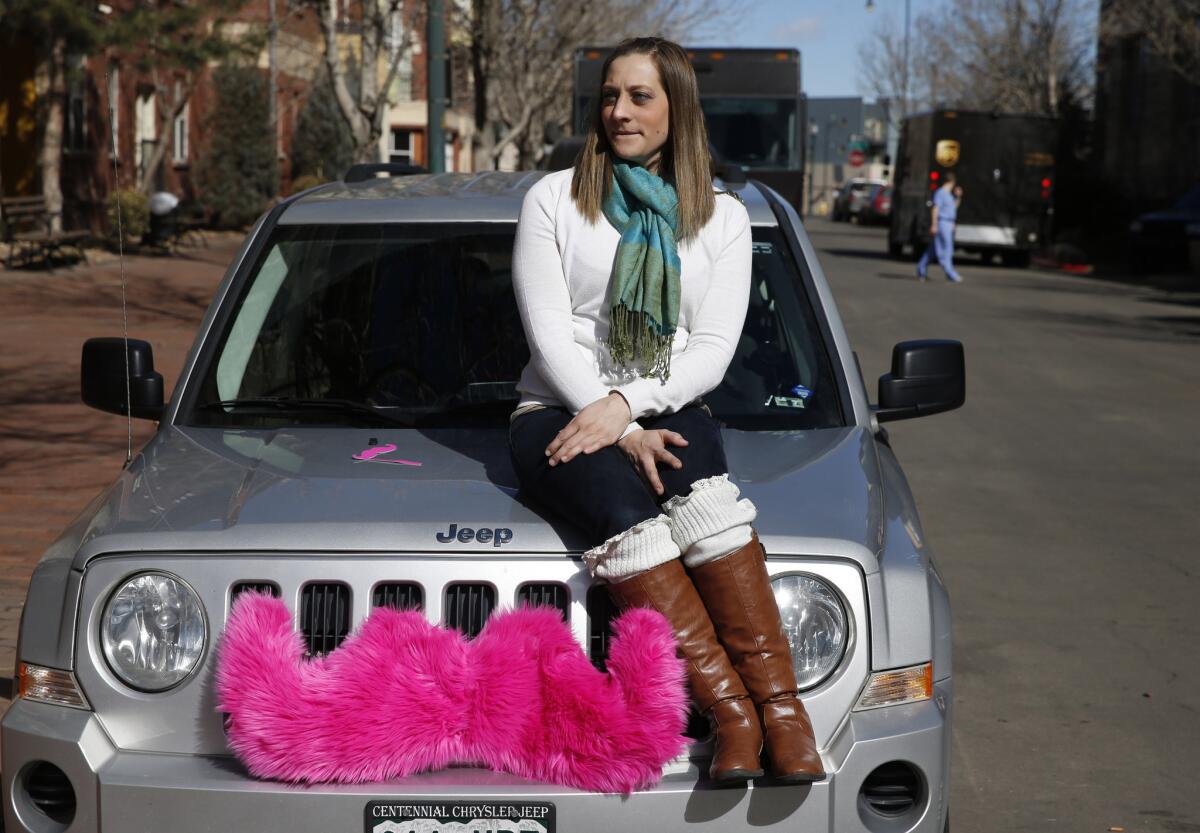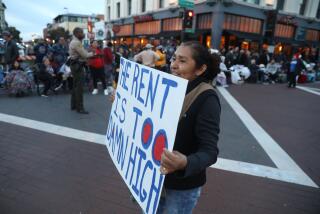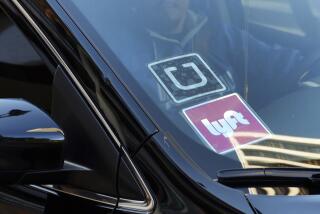Opinion: The sharing economy isn’t ‘collaborative consumption,’ it’s ‘disaster capitalism’

The best thing about the sharing economy is that it lets ordinary people turn a quick profit by renting out their assets. Not doing anything Friday night? You could make a nice chunk of change driving people around the city via rideshare apps like Uber and Lyft. Going on vacation next month? You could pay for your trip in part by renting out your home through Airbnb.
“An alternative economic and social model has risen from the wreckage of the credit crunch,” Alex Stephany explained in Opinion L.A. last month. “Termed ‘collaborative consumption’ by sharing innovator Rachel Botsman, this economy is based not on ownership but on the sharing of goods and services.”
Certainly in a city like Los Angeles, which is home to a lot of creative types working job to job, the sharing economy provides a source of income between gigs. Say you’re a television writer and you don’t know if your show is going to get picked up for next season, or you’re a musician in between tours: You Uber. I also know people who Uber to help pass the time while they wait for their next project to start. To hear them describe it, Uber’ing is as addictive — and sort of like — gambling. The more money you make, the more rides you want to give, they explain, even though every new passenger is a wild card.
But there is a downside to the sharing economy, and I’m not talking about how it threatens hotels or taxi cab companies. That’s another conversation.
What troubles me most about the sharing economy is that we’re celebrating a system that, at its core, is a reflection of our desperate times. While it’s true I know people Uber’ing for fun, I also know people who are Uber’ing after work because they’re underpaid at their full-time career jobs — no doubt exhausting endeavors that leave them pretty burnt out as it is. (That’s another consequence of the technological revolution coinciding with the economic downturn, but again, it’s another conversation.)
The problem with the sharing economy, as Medium’s Susie Cagle explains in her “Case Against Sharing,” is that it’s “disaster capitalism.”
“The sharing economy’s success is inextricably tied to the economic recession, making new American poverty palatable,” Cagle writes. Sure, she says, it’s “largely heralded as a ‘return to the village,’ an ahistoric utopia where we were friends with all of our trusted neighbors, lived in harmony with nature, and wanted not to consume, but to share.” But, she reminds us, “sharing and homesteading are things poor people have been doing forever out of necessity.”
Of course, there are some clever things about the sharing economy. People unlikely to have ever taken a cab, for instance, are now inclined to take a Lyft car. But we shouldn’t fool ourselves. The sharing economy isn’t about sharing. It’s about making as many quick bucks as possible. And for too many people, renting out their assets is not about peer-to-peer community-building or something to do on a Friday night. It’s an act of necessity.
More to Read
A cure for the common opinion
Get thought-provoking perspectives with our weekly newsletter.
You may occasionally receive promotional content from the Los Angeles Times.







